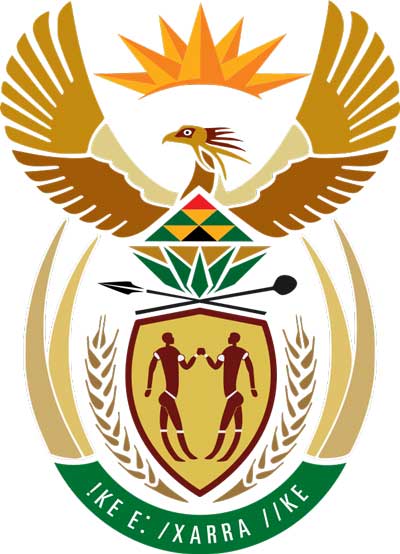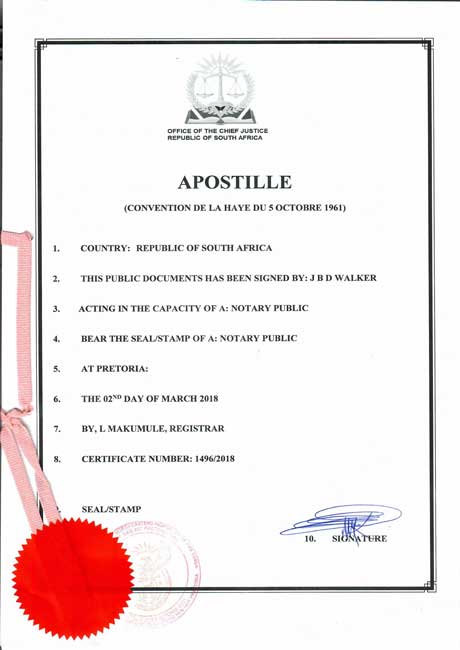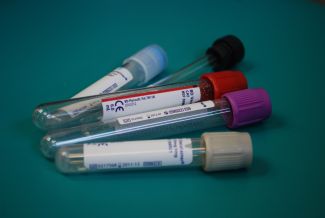
Schmidt & Schmidt offers the legalization of documents from South Africa by apostille.
South Africa has joined the Hague Convention Abolishing the Requirement of Legalization for Foreign Public Documents in the year 1995. Therefore, no diplomatic authentication or legalization of documents from South Africa is required for the legal communication with another member state of the convention. The documents only need to be stamped with an "apostille" by the issuing state's authorities in order to be valid in the state of destination.
Responsible for issuing the apostille is the Department of International Relations and Cooperation (DIRCO).
There are some peculiarities in authentication. The following documents are only certified in the original: marriage certificate, death certificate, certificate of marriageability, driving licence (not older than 6 months), documents on adoption, documents from the Ministry of Transport. Documents without a stamp or signature will not be accepted. The certified copies of these documents can not be certified either. Sometimes the old documents can not be apostilled. This is due to the fact that DIRCO has no samples of signatures and stamps. The documents should not be older than 1 year. Laminated documents can not be apostilled.
Documents issued by authorities or other authorized bodies of the Republic of South Africa published in English, African or other official language of the Republic of South Africa can be apostilled.
The process of legalization in South Africa includes confirmation of their authenticity by authorized officials. After passing through this procedure, a special stamp is placed on the document (or a certificate is attached) - an apostille. It can be affixed on the back of the document or on a separate sheet.
An apostille is a stamp of rectangular shape. The heading "Apostille (Convention de La Haye du 5 octobre 1961)" must be in French.

The following documents can be authenticated by apostille:
- Certificates of civil status (certificates of birth, death, marriage and divorce)
- Education documents (school reports, certificates, diplomas)
- Extracts from the commercial register
- Judicial decisions
- Notarially certified copies of documents
- Notarially certified translations
- Further notarial documents (authorizations, last will, declarations)
- Commercial documents legalized by a state organ of registration (articles of incorporation, registration certificates, tax registrations etc.)
There are several specifics concerning the legalization:
- For the following documents, the apostille can only be issued on the original version: certificates of marriage, death and no-impediment, criminal records (not older than 6 months), documents on adoption, documents issued by the ministry of traffic. Documents without stamp or signature will not be accepted. A certified copy of these kinds of documents can not be legalized.
- It might occur that documents are too old to be apostilled. This is due to the fact that the DIRCO does not have any samples of stamps and signatures. The documents must not be older than one year.
- Documents issued by the Ministry of Domestic Affairs require prior certification.
- Commercial documents, patents and trade marks have to be signed by the secretary of the Companies and Intellectual Property Commission, documents that have been authenticated by a notary or registrator of the supreme court excepted.
- All commercial documents (certificate of origin, commercial invoice) need to be certified by the Chamber of Commerce.
- School reports have to be signed by the principle and the authorised representative of the district government. A cover letter will be issued. The document and the cover letter will be reviewed by the Ministry of Education approved for the legalization.
- Graduation diplomas require prior certification by the Council for Quality Assurance in General and Further Education and Training (UMALUSI). UMALUSI needs a certified copy of the diploma (not older than three months) and of the applicant's ID card. For diplomas issued before 1992 the Department of Basic Education (DBE) is responsible for the prior certification.
- The Quality Council for Trade and Occupation (QCTO) certifies commercial certificates and training certificates issued by the QCTO, the Ministry of Labour or the Ministry of Justice.
- Documents issued by a doctor, require prior certification by the Health Profession Council of South Africa (HPCSA). The HPCSA confirms that the doctor is licensed.
- Certificates of divorce require prior certification by the court responsible.
Requirements for the documents:
An apostille can be issued exclusively on an original document. Therefore, the latter must be in an apparent good condition, all stamps and signatures have to be clear and readable. Furthermore, it must not contain alien marking and labels.
Additional services
In addition to the legalization of your documents, we can provide you with high quality translations.
If you want to bring company information before the court, it needs to be legalised as well. We are therefore offering extracts from the commercial register of South Africa including apostille and translation.

























































